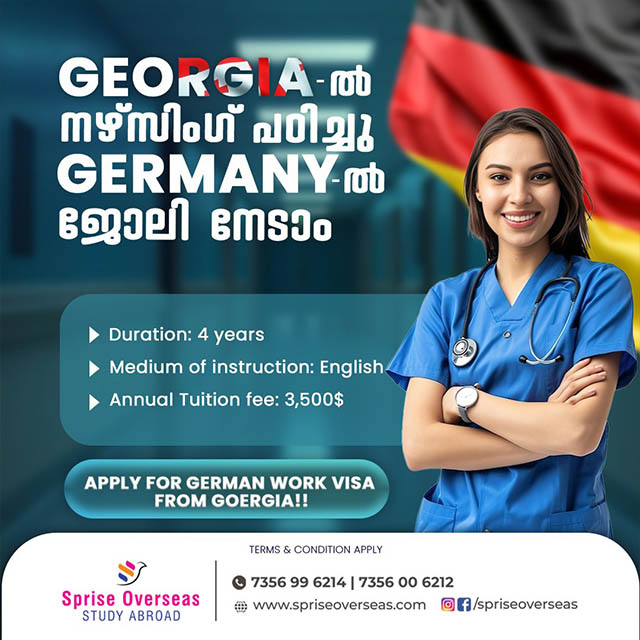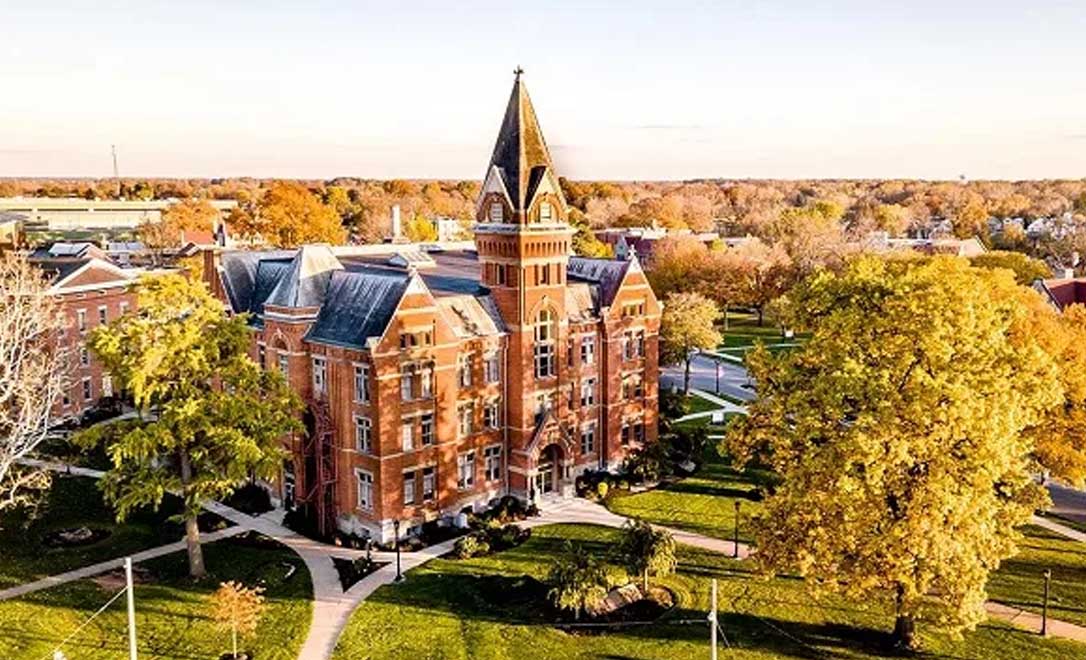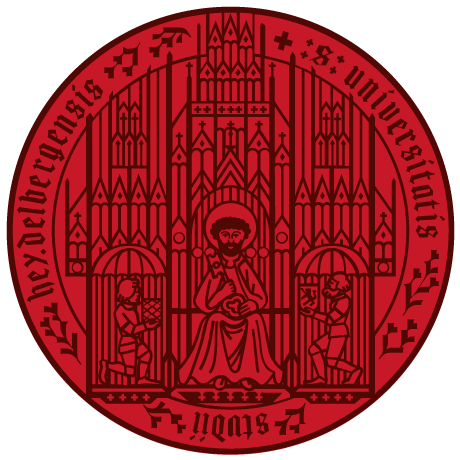Study and settle in Germany, and that too, for free! This is an incredible opportunity for you to pursue your education in Germany. Taking advantage of this opportunity opens doors to a bright future filled with endless possibilities. So why wait? Embark on a journey towards academic excellence and a successful career in Germany. Apply now and pave the way for a prosperous tomorrow!
Germany offers tuition-free education at public universities International students in most federal states. Here's an overview of the structure, process, and procedure:
Structure:
- Universities and Higher Education Institutions: Germany has a vast network of public universities and higher education institutions, offering a wide range of programs in various fields.
- Degree Levels: Universities offer bachelor's, master's, and doctoral degrees. There are also specialized universities for applied sciences that focus more on practical training.
Process and Procedure:
- Process and Procedure: Research universities and programs that suit your interests and career goals. You can find comprehensive information on universities, programs, and admission requirements.
- Language Proficiency: Most programs are taught in German, so proficiency in the language is often required. Some universities offer programs in English, especially at the master's level. Language proficiency tests like Test DaF or IELTS may be required.
- Admission: Universities assess applications based on academic performance, language proficiency, and other criteria. If accepted, you'll receive a letter of admission.
- Visa and Residence Permit: International students from non-EU/EEA countries need a student visa to study in Germany. Once accepted by a university, apply for a student visa at the German embassy or consulate in your home country. After arrival in Germany, apply for a residence permit at the local Alien Registration Office.
- Enrollment:Upon arrival, enroll at the university by submitting the required documents and paying administrative fees. This includes obtaining health insurance, registering with the local authorities, and paying a semester contribution for student services and transportation.
- Begin Studies: Attend orientation sessions, familiarize yourself with campus facilities, and start your studies.
Additional Information:
- Duration: Bachelor's programs typically last 3-4 years, master's programs 1-2 years, and doctoral programs 3-5 years.
- Living Expenses: While tuition is free, students are responsible for living expenses such as accommodation, food, transportation, and health insurance. However, there are numerous scholarships and part-time job opportunities available to help cover these costs.
- Work Rights: International students are allowed to work part-time (usually up to 20 hours per week) during the semester and full-time during semester breaks.














